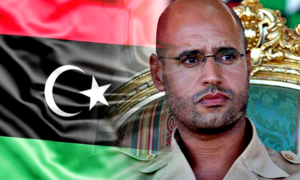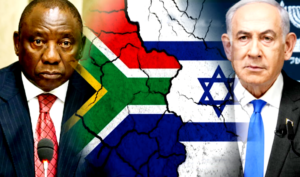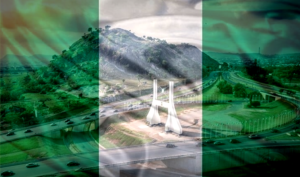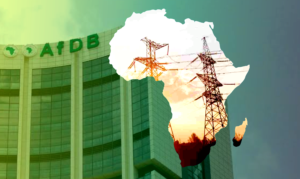Botswana’s $12 Billion Investment Deal with Qatar, Opening New Economic Chapters in progress
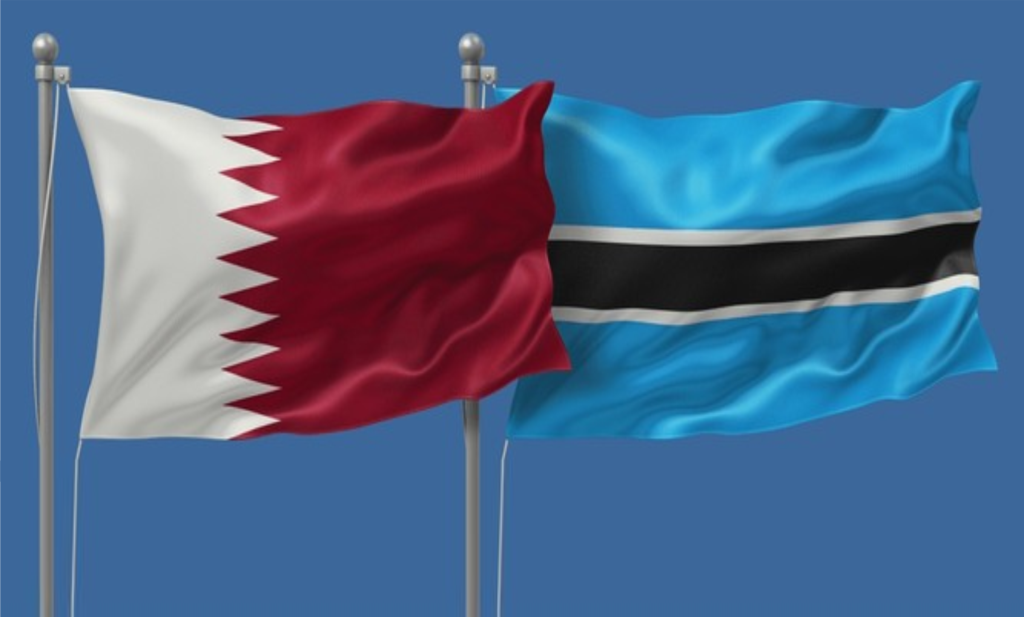
Botswana has entered into a landmark investment agreement with Qatar’s Al Mansour Holdings, with President Duma Boko announcing a $12 billion commitment to transform the country’s economic landscape. The deal, signed in partnership with the state-owned Botswana Development Corporation, signals a strategic pivot to foreign capital as the nation seeks to tackle pressing developmental challenges and reframe its long-term growth trajectory.
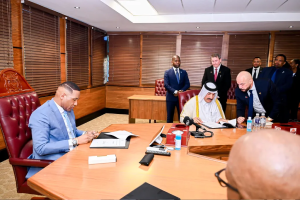
The investment package will be spread across a wide spectrum of sectors including infrastructure, energy, mining, diamond refinement, agriculture, tourism, cybersecurity and defence. To Botswana, a nation historically reliant on diamond exports, this diversification drive is both urgent and far-reaching, aiming to insulate the economy from global commodity volatility while attracting new streams of revenue.
Beyond the macroeconomic calculations, the agreement carries profound implications from families, communities to the broader social fabric. Expanded infrastructure and energy projects are expected to generate employment opportunities, providing relief to households struggling with high unemployment rates. Meanwhile, investment in agriculture and tourism has the potential to reinforce cultural identity, support rural livelihoods and amplify Botswana’s international brand as a stable and vibrant destination for investments.
Yet, the stakes extend into the political and regional arenas. Qatar’s move deepens its economic footprint in Southern Africa, potentially recalibrating the balance of Gulf investments traditionally concentrated in East Africa. This strategic alignment, may strengthen its negotiating leverage within the Southern African Development Community (SADC), positioning the nation as a bridge between regional markets and global investors.
However, this large-scale of foreign inflows raise could questions on governance and sovereignty. The inclusion of cybersecurity and defence in the portfolio underscores a deepening trust between Gaborone and Doha, but also raises concerns over the extent of external influence on sensitive national sectors. Balancing openness to investment with safeguards for national autonomy will test Botswana’s institutional frameworks.
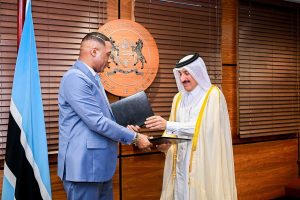
Culturally and socially, the deal is likely to accelerate urbanization and modernization. On the other hand, it could also generate tension between traditional practices and rapid economic transformation. Businesses may find new partnerships and markets, but smaller domestic enterprises could struggle to compete unless policies ensure inclusive participation.
Ultimately, the $12 billion agreement represents more than an injection of capital, it marks a redefinition of Botswana’s development model. If managed prudently, it could catalyze a generational shift in the country’s economy, anchoring stability and opportunity for citizens.
As the deal enters its implementation phase, Botswana faces the delicate task of ensuring that the benefits ripple across the fabric of the country, reinforcing not just growth statistics but a sustainable livelihood-realization of families, developments of communities and assurances for future generations.


